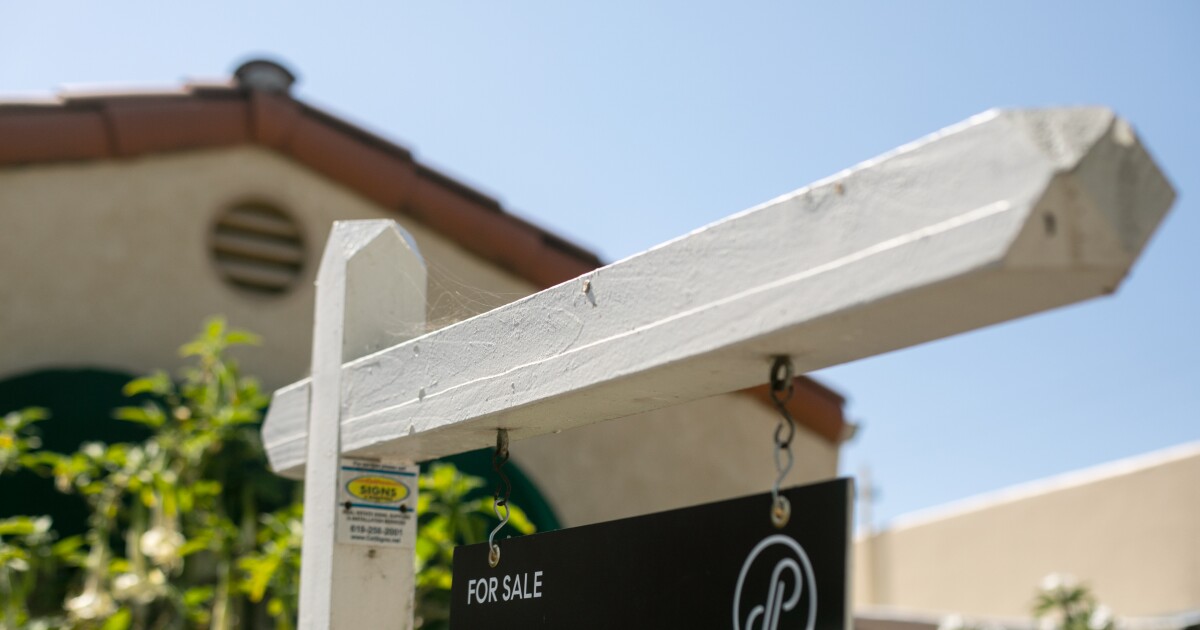
Zillow Group Inc. is taking a break from buying U.S. homes after the online real estate giant’s pivot into tech-powered house flipping hit a snag.
Zillow, which acquired more than 3,800 homes in the second quarter, will stop pursuing new home purchases as it works through a backlog of properties already in its pipeline.
“We are beyond operational capacity in our Zillow Offers business and are not taking on additional contracts to purchase homes at this time,” a spokesperson for Zillow said in an email. “We continue to process the purchase of homes from sellers who are already under contract, as quickly as possible.”
Zillow is best known for publishing real estate listings online and calculating estimated home values — called Zestimates — that enable users to keep track of how much their home is worth. The popularity of the company’s apps and websites fuels profit in Zillow’s online marketing business.
But more recently, it has been buying and selling thousands of U.S. homes. In 2018, the company launched Zillow Offers, joining a small group of tech-enabled home flippers known as iBuyers. In the new business, Zillow invites homeowners to request an offer on their house and uses algorithms to generate a price. If an owner accepts, Zillow buys the property, makes light repairs and puts it back on the market.
With the pandemic setting off a housing frenzy marked by cash bids and fast closings, Zillow’s pitch of speed and convenience has started to resonate with consumers who want to sell their homes quickly as they try to buy a new property.
The iBuying process is powered by algorithms and large pools of capital, but it’s also reliant on humans. Before Zillow signs a contract to buy a house, it sends an inspector to make sure the property doesn’t need costly repairs. After it buys a property, contractors replace carpets and repaint interiors.
Finding workers for those tasks has been challenging during a pandemic that has stretched labor across industries. Staffing shortages have been exacerbated by Zillow’s willingness to let customers set a closing date months into the future, meaning it could agree to buy a house in August and begin renovating it in November.
“Given unexpected high demand, Zillow Offers has hit its capacity for buying homes for the remainder of the year,” an employee who works in the company’s home-buying operation in two states wrote in an email to a business partner that was viewed by Bloomberg.
Pausing new acquisitions will enable the company to work through its backlog. It’s not the first time that the company has halted purchases. Zillow stopped buying homes in the early days of the pandemic, as did its main competitor, Opendoor Technologies Inc. Though the companies ultimately benefited from the housing boom that started when early lockdowns lifted, it took Zillow several months to resume purchasing homes at its pre-pandemic pace.
In recent months, Zillow has fended off online controversy and laid the groundwork to accelerate purchases. The company borrowed $450 million in an August bond offering that was the first of its kind, and it priced a second $700-million offering in September.
For now, the company plans to refer potential customers to traditional real estate agents. Though the pause should help Zillow work through the backlog, it may lose business to competitors, including its main rival.
“Opendoor is open for business and continues to serve its customers with a simple, certain, fast and trusted home move,” a spokesman for the company said in an email.
https://www.latimes.com/business/story/2021-10-17/zillow-takes-a-break-from-flipping-houses